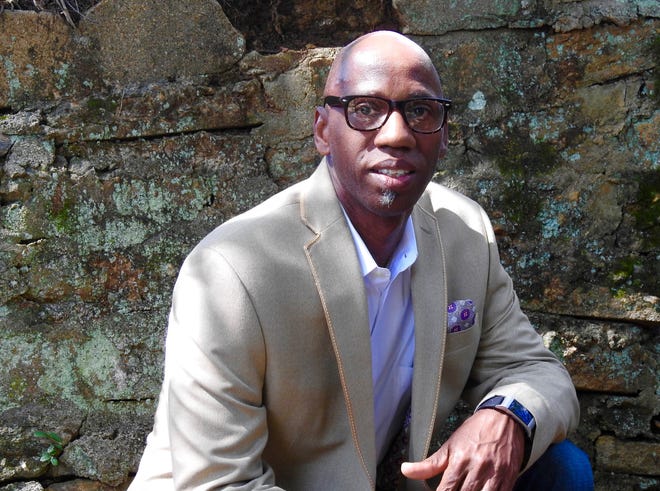Why SC cannot ignore plight of inmates during pandemic
Kate Weaver Patterson and Jerry Blassingame | Greenville News
Anxiety. Fear. Uncertainty. Each of us are living with these feelings right now. Now imagine if you were having these same feelings, but were unable to take measures to protect yourself. No ability to engage in social distancing; people living on top of each other; limited access to the soap or hand sanitizer you need; no ability to take regular showers; no access to strong and continuous medical care if you do fall ill.
This is not a situation we are describing in some faraway country. This is the situation in our own back yard, in which our fellow brothers and sisters find themselves while incarcerated at the South Carolina Department of Corrections (“SCDC”) and local jails.
South Carolina’s prisons and jails remain overcrowded and understaffed. Studies have consistently shown that incarcerated populations experience higher levels of infectious diseases, which are heightened because of lack of access to preventative measures.
When infections spike within our correctional facilities, which they inevitably will (already with multiple SCDC employees infected), it will impact the wider community through additional stress on the health system, and further spread from employees who are going from the facilities back to their families and communities.
We know that these issues do not impact all families equally. Rather, the health crisis inside will fall disproportionately on low-income families, particularly Black and Latino families.
At the TogetherSC conference in early March, non-profit leaders from all over the state joined to discuss how race and equity must permeate the work that we are doing, in order to bring about a more just and equal South Carolina for all. This is a critical part of the work to build a more equitable and fair system.
Consider first, that the vast majority of people incarcerated in our local jails have not yet been convicted of a crime. Moreover, we have an aging population incarcerated, who data show are more at grave risk for COVID-19 complications and death and who studies have consistently demonstrated present a low recidivism rate.
To address the public health crisis, actions must be taken now to reduce the population. Public health experts have determined that the most effective way — perhaps the only way — to achieve essential social distancing inside prisons and jails is through accelerated release and other immediate density reduction steps.
Release can happen in a way that protects public health and public safety. Jails, prisons, and detention facilities can and should utilize risk assessments that they already have in place, and evaluate each individual for the appropriateness of release, based on that person’s age, medical history, remaining sentence, and possible risk to the community.
Along with 35 other advocates, we wrote a letter that explains how this can happen in a way that promotes health and safety for all. This is guidance the government can use today to save lives.
We ask that you support our efforts to save lives. Call your state officials, and ask them to follow the recommendations laid out in the Second Chance Justice Collaborative’s letter. Join us in the fight to protect the most vulnerable among us–people who are unprotected in our own back yards.
Kate Weaver Patterson is director of the Second Chance Justice Collaborative, a partnership of Root & Rebound and Soteria Community Development Corp. The SCJC provides statewide legal services and policy advocacy for individuals who have been impacted by the criminal justice system.

Jerry Blassingame is founder and CEO of Soteria Community Development Corp. in Greenville. While serving a 20-year sentence, he gained an understanding of the troubles facing men and women when they are released from prison and founded Soteria to help address those systemic barriers.
MORE POSTS
Root & Rebound Receives $2 Million Gift From the Yield...
Some Californians released from prison will receive $2,400 under new...
AB 1148: Stable Parents, Stable Children Act Signed Into Law

Sign Up
Join our mailing list.

